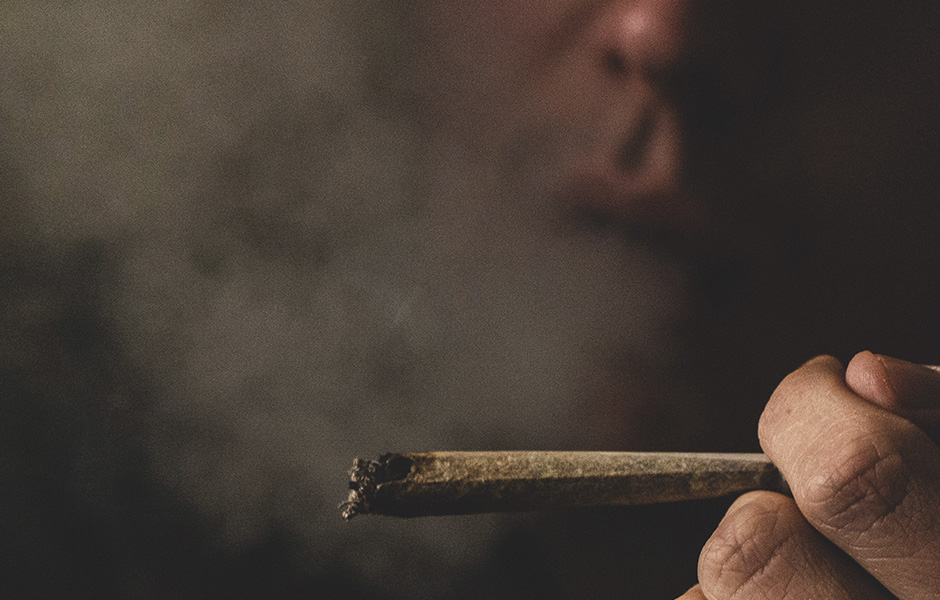Hospitalizations for psychotic breakdown or schizophrenia in patients with registered cannabis use have increased almost 30-fold over the course of fifteen years in Portugal. This is the conclusion of a study by a group of researchers from the Faculty of Medicine of the University of Porto (FMUP) and CINTESIS – Center for Health Technology and Services Research.
The study, published in the International Journal of Methods in Psychiatric Research, analyzed hospitalizations in all public hospitals in mainland Portugal from 2000 to 2015. In total, the research team recorded 3,233 hospitalizations, which ranged from 20 hospitalizations in 2000 to 588 hospitalizations identified in 2015.
“If we consider all hospitalisations due to psychotic breakdown or schizophrenia, we conclude that in 2015, more than 10% of these cases corresponded to patients with a secondary diagnosis of cannabis use, while in 2000 they were less than 1%,” says Manuel Gonçalves-Pinho, physician, CINTESIS researcher and author of this work.
The results reveal that 90% of the cases were male patients with 30 years of age on average. “If in patients with no indication of cannabis use, the average age of hospitalisation due to psychotic break and schizophrenia is 42 years-old, we have to assess whether the use of this psychoactive substance is contributing to an early onset of this kind of mental disorder,” hypothesizes Miguel Bragança, psychiatrist and researcher from FMUP involved in the study. “It’s as if cannabis use could lower the threshold that separates us from a psychotic break,” he adds and recalls that according to this work “3.3% of registered cases concern patients who are 18 years old or younger.”
Although the results show an exponential increase in the number of hospital admissions due to psychotic breakdown or schizophrenia associated with cannabis use, the research team interprets the numbers with caution. “Hospital records are now more rigorous, and the secondary diagnosis of cannabis use is more thoroughly coded,” recalls Manuel Gonçalves-Pinho, noting that the data deserve, however, the most considerable attention from public health decision-makers.
The study also revealed that, in total, hospitalisations cost the state 11.3 million euros, an average of 3,500 euros and 19 days of hospitalization for each episode. “These are high costs and long hospitalisation stays, which denote the severity of psychotic episodes,” stresses Manuel Gonçalves-Pinho.
Since made legal in 2001 in Portugal, cannabis has become one of the most widely used recreational drugs and is also recognised for its therapeutic potential. The main psychoactive compound of cannabis, THC (tetrahydrocannabinol), which exists only in residual doses in herbal medicines – can influence areas of the brain responsible for cognition, perception, anxiety, fear, memory and gratification.
Besides Manuel Gonçalves-Pinho and Miguel Bragança, other researchers participated in the study Alberto Freitas, a researcher in the field of Data Analysis from CINTESIS and professor at FMUP.

